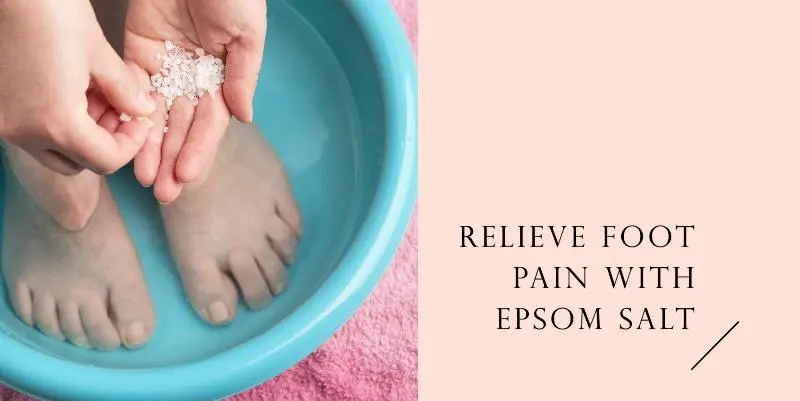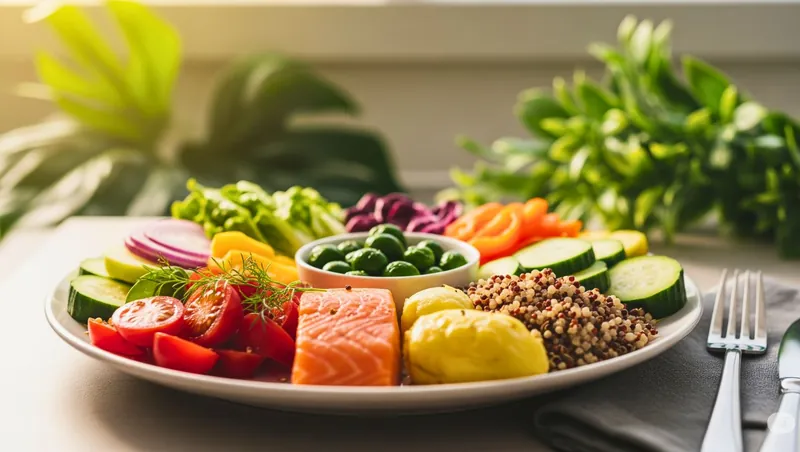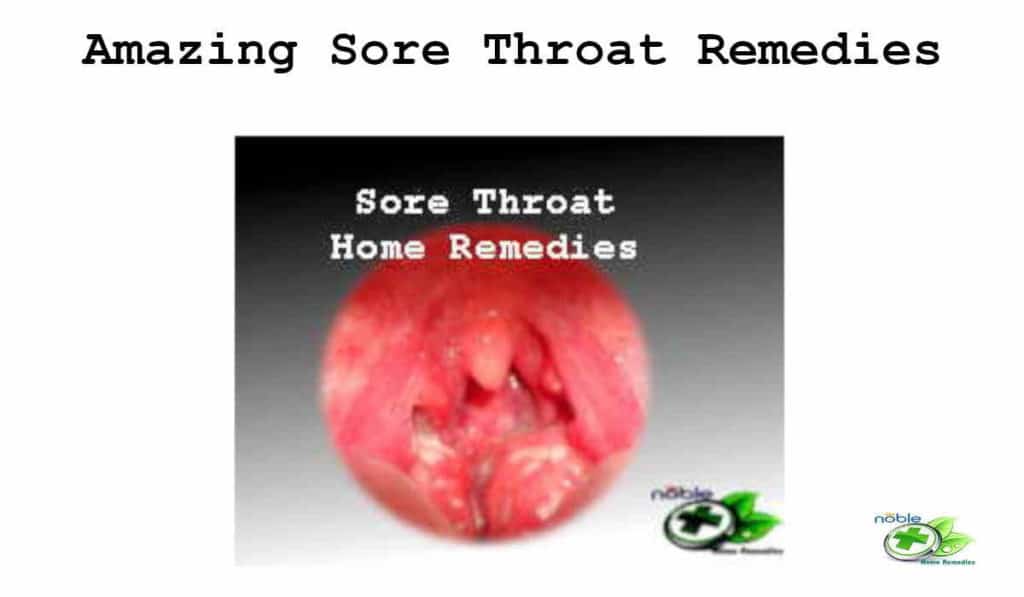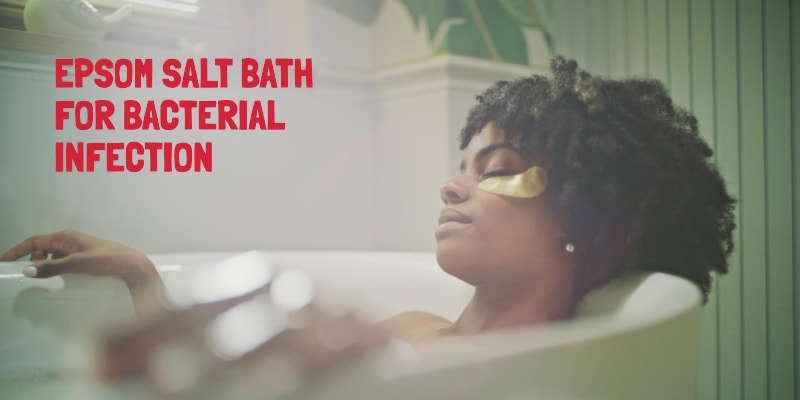Garlic for Boils: Is Garlic Good for Boils-Topically or Oral
Boils are painful, pus-filled lumps that develop under the skin when bacteria, most commonly Staphylococcus aureus, infects and inflames one or more hair follicles. The infected hair follicle becomes swollen and tender, and pus starts to accumulate in the localized area as your body tries to fight off the infection.
This pus-filled, swollen bump is the classic boil. Boils can occur anywhere on the body where there are hair follicles, but they are most commonly found in areas with lots of friction and sweat glands like the face, neck, armpits, shoulders, buttocks, and thighs. The groin area is also a common site.
Boils range in size from a small pea-sized lump to several centimeters across in more severe cases. They often start reddened and firm before becoming pus-filled. The overlying skin may be reddish, pinkish, or white in color. Boils are very painful and tender to the touch.
As bacterial infection is the cause behind boils, people often try using garlic as a natural antimicrobial treatment. Throughout history, garlic has been used to fight various types of infections. It contains compounds like allicin that have antibacterial, antifungal, and antiviral properties when applied topically or eaten.
However, there is limited research specifically on garlic for boils. Anecdotal evidence suggests garlic may help some people when used along with medical treatment, but more studies are needed. There is no guarantee that garlic can rapidly get rid of boils on its own.
In this article, we’ll take a closer look at where boils commonly develop, how garlic might be useful against boils, prevention tips, and when it’s necessary to see a doctor. While garlic may provide some relief, it should not replace conventional antibiotic treatment if prescribed.
What are Boils and Where Do They Appear?
A boil starts when bacteria, often staphylococcus aureus, infect a hair follicle, the tiny opening from which a hair grows. This triggers a localized immune response, causing the follicle and surrounding tissue to become red, swollen, and painful.
Pus forms in the infected follicle, causing a tender, pus-filled bump to develop. This is the classic boil. Boils can range from pea-sized to several centimeters across in severe cases. They may be red, pink, or white.
Boils most frequently occur on:
- The face and neck, especially along the jawline, cheeks, and throat
- The armpits and shoulders
- The buttocks
- The thighs and groin
- Less commonly, boils may appear on the back, chest, or other areas with hair follicles.
Certain factors can increase your risk of developing boils, including:
- Skin conditions like acne or dermatitis
- Poor hygiene
- Weakened immune system
- Chronic illnesses like diabetes
- Obesity
- Friction from clothing, sports equipment, etc.
- Cuts, abrasions, or other skin injuries
Garlic for Boils: Does It Work?

Garlic is well-known for its antimicrobial effects and has been used since ancient times to fight infections. This has led many people with boils to try applying garlic topically or ingesting it. But is garlic an effective natural remedy?
How Garlic May Help Boils
When applied topically, garlic may help boils by:
- Possessing antibacterial, antifungal, and antiviral properties to fight the infection
- Reducing inflammation and swelling
- Speeding up healing and drying out the boil
Consuming garlic may also help by:
- Boosting the immune system to combat infection
- Improving circulation
- Having a mild anti-inflammatory effect
Best Ways to Use Garlic for Boils
There are several methods for using garlic to treat boils, including:
Using Garlic Topically
One of the most common ways to use garlic for boils is by applying it directly to the skin. There are a few methods for doing this:
- Garlic oil: Garlic oil can be applied directly to the boil. Look for garlic essential oil and dilute it first with a carrier oil like coconut oil or jojoba oil before applying. Use a cotton swab to gently dab the diluted garlic oil onto the boil 1-2 times per day. This provides a concentrated dose of garlic’s antimicrobial compounds.
- Garlic paste: Crush 2-3 garlic cloves into a fine paste using a mortar and pestle or garlic press. Add just enough water to form a thick mixture. Apply this paste to the boil, ensuring it makes full contact with the skin. Leave it on for 5-10 minutes before rinsing off. Repeat 2-3 times daily. The garlic paste helps fight infection while reducing swelling.
- Garlic poultice: Place a garlic clove or freshly made garlic paste directly onto the boil. Cover with a sterile bandage or gauze and wrap it to hold the garlic in place. Change the poultice and reapply fresh garlic 2-3 times per day. This maximizes contact between the garlic and the infected area for enhanced antimicrobial effects.
Consuming Garlic Orally
In addition to topical application, consuming garlic may also help:
- Chew on a raw garlic clove once or twice daily. The powerful compounds are released when garlic is crushed or chewed.
- Add garlic to meals regularly. Use crushed or minced garlic in soups, sauces, dressings, etc. This provides a regular preventive dose.
- Take a garlic supplement. Deodorized garlic capsules offer a concentrated, odor-free dose. Follow the dosage on the label.
No matter how you use garlic, make sure to dilute essential oils, never apply to open wounds, and discontinue use if irritation develops. Using garlic in tandem with warm compresses and OTC medication may provide the most relief under a doctor’s supervision.
Dr. Sucharitra Picasso’s Remedy for Boils
Dr. Sucharitra Picasso is a homeopathic doctor with over 23 years of experience treating patients in sector 86, Greater Faridabad. She completed her BHMS (Bachelor of Homoeopathic Medicine and Surgery) degree from NHMC & H, which is affiliated with Delhi University.
Dr. Picasso finds great fulfillment in being able to make a difference in her patients’ lives by utilizing homeopathic principles to stimulate the body’s natural healing abilities.
Remedy for Boils: Take 2-3 chopped garlic cloves and a chopped onion. Press this on a sieve and extract juice. Apply this on boils 4-5 times every day.
Evidence of Effectiveness
Unfortunately, there is limited scientific research on garlic for boils specifically. However, some studies show promising results for garlic’s antibacterial abilities, especially against Staphylococcus strains that cause staph infections. More evidence is still needed.
Anecdotal evidence suggests that using garlic topically and internally may help some people. It likely works best when combined with other natural remedies and medical treatments. Garlic should not be used as a substitute for antibiotics if prescribed by a doctor.
Safety and Precautions When Using Garlic for Boils

When used appropriately, garlic is generally safe. However, there are some precautions to consider:
- Never apply garlic to an open wound or broken skin, as this can cause severe burning and irritation. Wait until the boil opens and begins draining on its own.
- Garlic can interact with certain medications, including blood thinners and HIV drugs. Check with your doctor before using medicinal amounts of garlic.
- Garlic can cause stomach upset, heartburn, or breath and body odor in some people. Discontinue use if any irritation occurs.
- Dilute garlic oil before applying it directly to the skin, as it can burn. Conduct a patch test on a small area first.
- Monitor for any signs of infection worsening or new boils developing while using garlic. Seek medical treatment if this occurs.
Tips for Preventing Boils
While garlic may help treat existing boils, preventing them in the first place is ideal. Here are some tips:
- Wash skin regularly with antimicrobial soap, especially in areas prone to boils.
- Shower after sweating heavily.
- Avoid tight clothing that rubs and irritates the skin.
- Treat any skin conditions like acne.
- Be careful shaving irritated skin.
- Disinfect any cuts, scrapes, etc. right away.
- Manage chronic illnesses associated with boils, like diabetes.
- Maintain a healthy diet and lifestyle to support the immune system.
When to See a Doctor About Boils

In most cases, boils will come to a head and drain pus within a few days and heal shortly after. But you should make an appointment with your doctor if:
- The boil is very painful, large, or continues to worsen.
- You develop a fever over 101°F along with boils.
- The boil does not begin draining pus after 4-5 days.
- New boils keep appearing.
- Redness and swelling spread.
- You have a weakened immune system.
- Symptoms persist beyond 1-2 weeks.
Other Natural Remedies for Boils
While garlic is a powerful natural remedy for treating boils, there are other options available as well. Here is a brief overview of some other natural remedies for boils:
- Tea Tree Oil for Boils: Tea tree oil has antibacterial and anti-inflammatory properties, making it a popular choice for treating boils. Like garlic, it can be applied topically as a paste or diluted with carrier oil.
- Turmeric for Boils: Turmeric is known for its anti-inflammatory properties and can be applied as a paste to the affected area. It is often combined with other ingredients, such as ginger and honey, to enhance its healing properties.
- Epsom salt for Boils: Epsom salt can help boils by drawing out the pus and reducing inflammation, which can help to speed up the healing process. It can also help to relieve pain and discomfort associated with boils.
- Apple cider vinegar for Boils: Apple cider vinegar has antibacterial and antifungal properties that can help prevent infection and promote the healing of boils. It can also help draw out pus and reduce inflammation when applied topically to the affected area. However, it is important to dilute apple cider vinegar before applying it to the skin and to avoid using it on open wounds or broken skin.
- Neem Oil for Boils: Neem oil has potent antibacterial properties that can fight off bacteria responsible for causing boils and other infections. It is also known for its medicinal properties that extend beyond skincare
- Echinacea: Echinacea is a natural immune booster that can help fight off infections. It can be taken orally in supplement form or applied topically to the affected area.
- Castor Oil: Castor oil is a natural remedy with antibacterial and anti-inflammatory properties that can be used to treat boils.
- Onion Poultice for Boils: Onion poultices can provide rapid relief from boil-related pain and discomfort. They also support the natural healing process by aiding in the drainage of pus and reducing inflammation.
- Witch Hazel for Boils: Witch hazel has astringent properties that can cleanse the affected area by removing impurities and bacteria that contribute to the formation of boils. This cleansing action creates an environment that is less conducive to further infection.
- Baking Soda for Boils: Baking soda’s anti-bacterial and anti-inflammatory properties are effective in healing boils.
While garlic is a powerful natural remedy for boils, it may not be the best choice for everyone. For example, some individuals may be allergic to garlic or have skin sensitivity issues. In such cases, other natural remedies such as tea tree oil or turmeric may be a better option.
It is important to note that natural remedies should not be used as a substitute for medical treatment. If your boil is large, painful, or not healing, it is important to seek medical attention from a healthcare professional.
While garlic is a potent natural remedy for boils, there are other natural remedies available as well. Tea tree oil, turmeric, and echinacea are just a few examples of natural remedies that can help alleviate symptoms and speed up healing time.
The Bottom Line on Garlic for Boils
While garlic may offer some benefits, more research is still needed on its effectiveness against boils specifically. It should not replace medical treatment. But used safely garlic may provide some additional relief when combined with warm compresses, over-the-counter pain medication, and other home remedies under a doctor’s supervision.
The best way to deal with boils is through good hygiene and paying close attention to signs of infection. See your doctor promptly if boils persist, worsen, or come with other symptoms like fever. With proper treatment, boils can be managed and complications avoided.
Takeaway
Boils are localized bacterial infections of the hair follicles that lead to pus-filled, painful lumps under the skin. They often occur in areas like the face, neck, armpits, and buttocks.
Garlic contains antimicrobial compounds and has been used traditionally to treat various infections. However, more research is still needed on garlic’s effectiveness specifically for boils.
Applied topically or taken internally, garlic may help fight the infection, reduce inflammation, and speed up healing when combined with other remedies. But it should not replace medical treatment if antibiotics are needed.
To help prevent boils, maintain good hygiene, treat skin conditions properly, avoid skin irritation, and manage chronic illnesses. See a doctor promptly if boils last longer than 1-2 weeks, are severe, or come with a fever to prevent complications.
While garlic may provide some extra relief, proper treatment guided by a doctor offers the best resolution for this common but painful skin infection.
Source:
Noble Home Remedies adheres to rigorous sourcing standards, drawing information from peer-reviewed studies, reputable academic research institutions, and esteemed medical journals and associations. We prioritize using high-quality, trustworthy sources to maintain the accuracy and integrity of our content. You can learn more about how we ensure our content is accurate and current by reading our editorial policy.
- Revealing the Therapeutic Uses of Garlic (Allium sativum) and Its Potential for Drug Discovery
https://www.hindawi.com/journals/tswj/2021/8817288/ - Allicin
https://www.sciencedirect.com/topics/chemistry/allicin - Fresh Garlic Extract Enhances the Antimicrobial Activities of Antibiotics on Resistant Strains in Vitro
https://www.ncbi.nlm.nih.gov/pmc/articles/PMC4458355/ - Revealing the Therapeutic Uses of Garlic (Allium sativum) and Its Potential for Drug Discovery
https://www.ncbi.nlm.nih.gov/pmc/articles/PMC8739926/ - Boils on my face constantly coming back
https://www.lybrate.com/question/598141666/boils-face-constantly-back-due-heat-homemade-remedies598141666
FAQ
What does garlic do for an abscess?
Garlic has antibacterial and anti-inflammatory properties that can help reduce the size and pain of an abscess. It may also help fight the infection causing the abscess.
What is the fastest way to get rid of boils?
The fastest way to get rid of a boil is to see a healthcare professional who may prescribe antibiotics or perform a minor surgical procedure to drain the boil. Home remedies such as warm compresses, tea tree oil, and garlic may also help speed up the healing process, but they may take longer to work.
How do you get rid of a boil overnight?
It is not possible to get rid of a boil overnight. However, home remedies applying a warm compress, or taking over-the-counter pain relievers can help alleviate pain and promote faster healing. It is important to see a healthcare professional if the boil does not improve or becomes more painful.
Trust in your purchase:
Every product featured on our site has been carefully researched and selected based on quality, customer ratings, and positive reviews to ensure you receive excellent value for your money.
Please note:
This post contains affiliate links. If you make a purchase through these links, we may earn a small commission at no additional cost to you. This helps support our site and allows us to continue bringing you valuable content. Thank you!
Thank you for your precious time spent with NobleHomeRemedies.
You may also like:
Home Remedies for Acid Reflux in Babies
Acid Reflux in Babies – Natural Remedies: Help Growth of Baby There are several signs…
Epsom Salt for Foot Pain
Epsom Salt for Foot Pain: Proven Remedies for Happy Feet Have you ever felt like…
Home Remedies For Earache – Faster relief
Home Remedies For Earache – Faster relief from ear pain An earache is one of…
Anti-inflammatory Diet Meal Plan
Your body has an amazing ability to heal and protect itself. When you get a…
12 Sore Throat Home Remedies and for Kids
12 Sore Throat Home Remedies and for Kids – Quick Relief If you are experiencing…
Epsom Salt Bath for Bacterial Infection
Epsom Salt Bath for Bacterial Infection: How It Works! The achiness, swelling, chills, fatigue, and…






